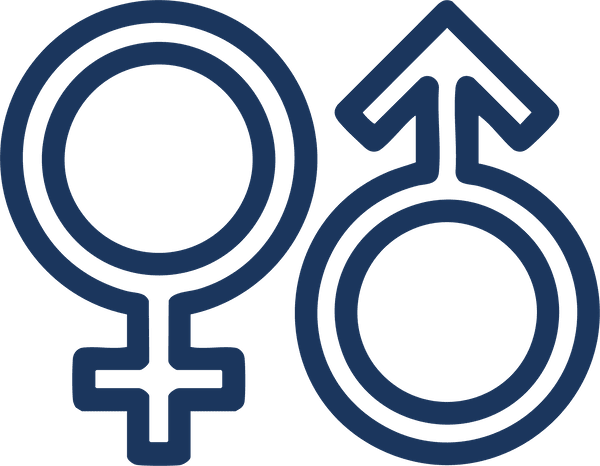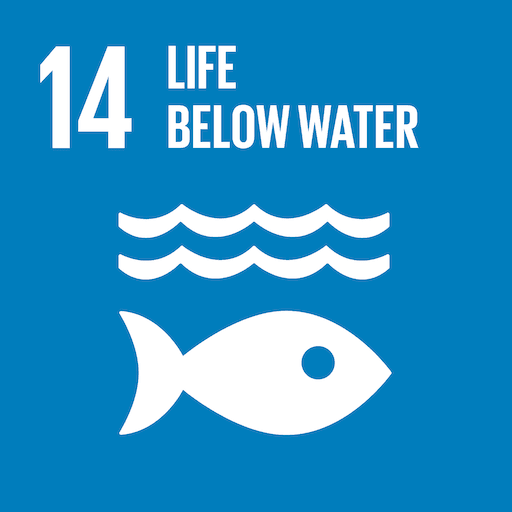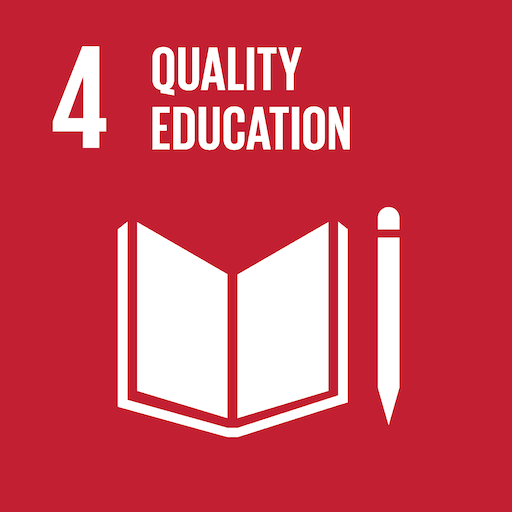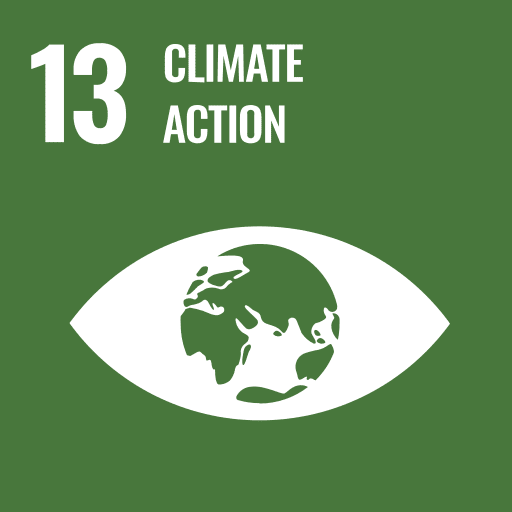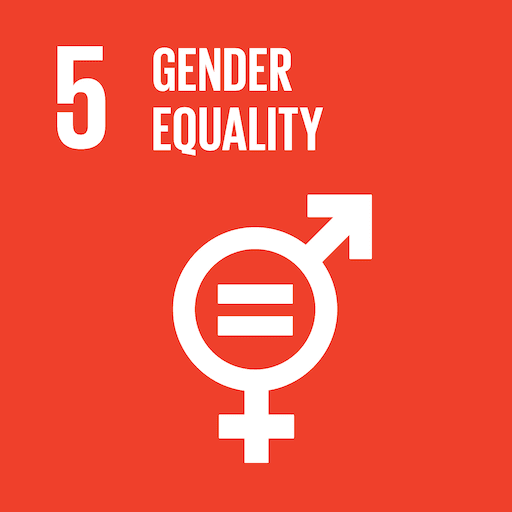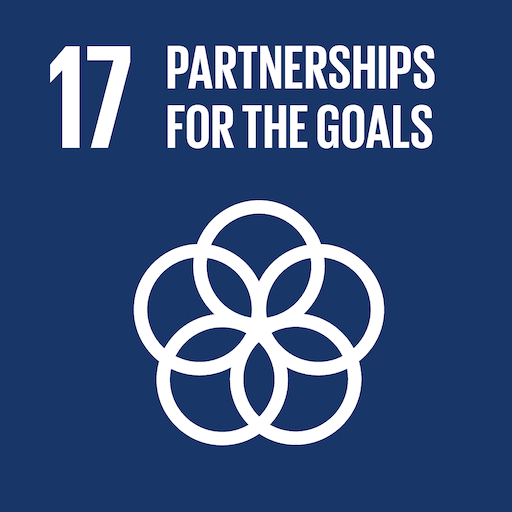The WMU-Sasakawa Global Ocean Institute was
inaugurated in May 2018 and engages at the interdisciplinary interface between science, policy, and law to address contemporary challenges in ocean governance and the Law of the Sea. Faculty, staff and students at the Institute undertake evidence-based research, as well as educational and capacity development training, with a focus on the United Nations Sustainable Development Goals, in particular, Goal 14 - Life Below Water, as well as Goal 5 - Gender Equality, Goal 13 - Climate action and Goal 17 - Partnerships. These initiatives are supported by The Nippon Foundation of Japan, Sweden, Germany, Canada, the European Commission and the City of Malmö.
The Institute’s work includes substantive contributions to international processes including the ratification and implementation of the BBNJ Agreement, the UN World Ocean Assessment, the UN Decade of Ocean Science for Sustainable Development (2021-2030), as well as the development of a legally binding instrument on plastic pollution under the auspices of the UN Environment Programme.
The new work programme from 2024 to 2028 focuses on the future of ocean governance and ways to combat the triple planetary crisis. The Institute also provides support to small island developing states’ (SIDS) and coastal least developed countries (LDCs) in their efforts to ratify and implement the BBNJ Agreement. The research explores the establishment of a unified framework to unlock the full potential of ocean technologies and Artificial Intelligence (AI) in observing and monitoring deep ocean ecosystems, as well as gender empowerment and diversity.





